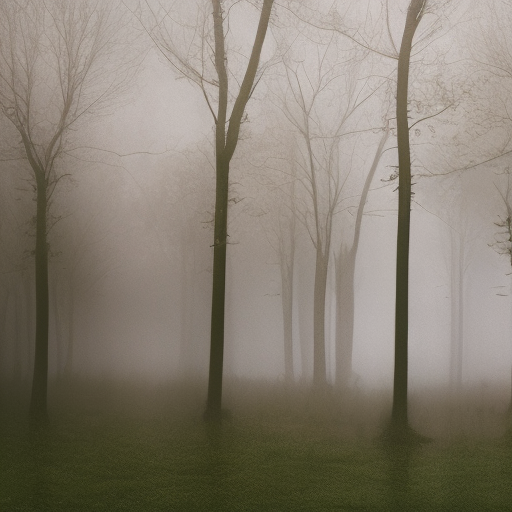Summary of “Ugetsu” by Kenji Mizoguchi
One-line summary: “Ugetsu” is a haunting and visually stunning Japanese film directed by Kenji Mizoguchi, which explores the devastating consequences of war and the allure of fantasy.
Main Cast and Crew:
- Director: Kenji Mizoguchi
- Writers: Matsutarō Kawaguchi (screenplay), Yoshikata Yoda (screenplay)
- Main Cast:
- Masayuki Mori as Genjūrō
- Machiko Kyō as Lady Wakasa
- Kinuyo Tanaka as Miyagi
- Eitaro Ozawa as Tōbei
- Music Director: Fumio Hayasaka
- Director of Photography: Kazuo Miyagawa
- Producers: Masaichi Nagata, Masaichi Nagata
Plot:
Set in 16th century Japan during a period of civil war, “Ugetsu” tells the story of two peasant men, Genjūrō and Tōbei, who become consumed by their desires and ambitions. Genjūrō is a potter who dreams of selling his wares in the city, while Tōbei aspires to become a samurai. As the war rages on, the men leave their wives, Miyagi and Ohama, behind to pursue their dreams.
Genjūrō’s journey takes a dark turn when he encounters a mysterious and enchanting noblewoman, Lady Wakasa, who seduces him with her beauty and wealth. Unbeknownst to Genjūrō, Lady Wakasa is a ghost who lures him into her world, where he becomes trapped and loses all sense of reality. Meanwhile, Tōbei’s dreams of becoming a samurai lead him down a path of violence and destruction.
As the men become lost in their fantasies, their wives suffer the consequences of their actions. Miyagi is attacked and raped by soldiers, while Ohama is forced into prostitution. The film explores the devastating impact of war on innocent lives and the consequences of pursuing one’s desires at the expense of others.
Themes and Motifs:
“Ugetsu” delves into several central themes, including the destructive nature of war, the allure of fantasy, and the consequences of selfish desires. Mizoguchi uses the supernatural elements of the story to highlight the characters’ vulnerability and the blurred line between reality and illusion. The film also explores the role of women in society, portraying them as victims of men’s ambitions and the horrors of war.
Reception and Legacy:
Upon its release in 1953, “Ugetsu” received critical acclaim and won the Silver Lion award at the Venice Film Festival. It is considered one of Mizoguchi’s masterpieces and a landmark in Japanese cinema. The film’s haunting visuals, poetic storytelling, and exploration of universal themes have made it a timeless classic. “Ugetsu” has influenced numerous filmmakers and continues to be celebrated for its technical achievements and emotional depth.
Recommendation:
“Ugetsu” is a must-watch for cinephiles and fans of Japanese cinema. Its stunning cinematography, compelling storytelling, and profound exploration of human desires make it a captivating and thought-provoking film. However, viewers should be prepared for its dark and melancholic tone, as it deals with themes of war, loss, and the fragility of human existence.
Memorable Quote:
“Life is but a dream. Why should I be afraid of a dream?” – Lady Wakasa












